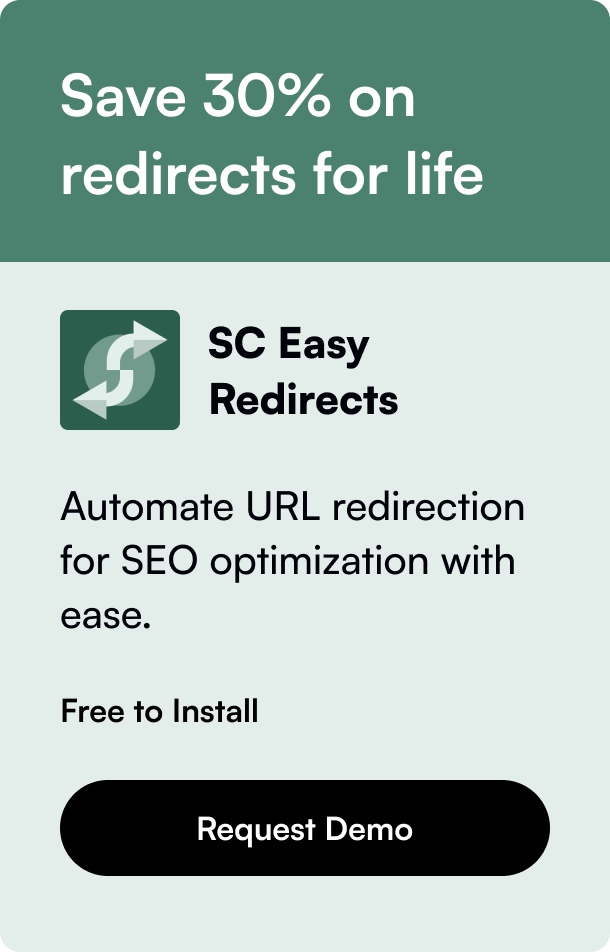Table of Contents
- Introduction
- What is a Rank Tracker Tool?
- What Makes a Great Rank Tracker Tool?
- Top 10 Rank Tracker Tools for 2024
- Conclusion
- FAQs
Introduction
Have you ever wondered why some websites skyrocket to the top of Google search results while others languish in obscurity? The answer often lies in the meticulous art of Search Engine Optimization (SEO). A vital component of SEO is rank tracking, which involves monitoring the positions of keywords your website targets. By understanding how well these keywords perform, you can fine-tune your content and SEO strategies to climb higher in search engine rankings. This blog post aims to provide an in-depth look at the top 10 rank tracker tools for 2024, helping you choose the one that best aligns with your business needs.
What is a Rank Tracker Tool?
A rank tracker tool enables you to monitor the performance of keywords you’ve integrated into your website. By providing crucial data such as keyword rankings, search volume, and potential competition, these tools serve as your GPS in the vast landscape of the internet. Some rank tracker tools are part of more extensive SEO suites, while others focus solely on rank tracking. These tools generally allow you to input your targeted keywords, after which you receive timely reports on their performance.
What Makes a Great Rank Tracker Tool?
Choosing the right rank tracker tool can seem daunting given the multitude of options available. Here are some key features and benefits to look for:
Ease of Use
A user-friendly interface and intuitive features are essential. This ensures that even those new to SEO can effectively utilize the tool without a steep learning curve.
Accuracy
While no tool guarantees 100% accuracy, you should look for one that is as precise as possible. Accurate data is crucial for making informed decisions.
Competitor Analysis
Understanding how your keywords stack up against competitors is invaluable. A good rank tracker should offer insights into your competitors' performance, helping you identify opportunities.
Integrations
SEO rarely stands alone. Your rank tracker should integrate seamlessly with other tools and platforms you use, providing a holistic view of your marketing strategy.
Pricing
Finally, consider the cost. Look for a tool that offers the best features for your budget, ensuring you get the most value for your investment.
Top 10 Rank Tracker Tools for 2024
Now, let’s delve into the top 10 rank tracker tools that are making waves in 2024.
1. HubSpot SEO Marketing Software
Features:
- Comprehensive SEO management.
- Includes rank tracking, backlink tracking, and keyword research.
- Integration with HubSpot's Marketing Hub.
What I Like:
The Recommendations tab offers valuable insights into improvements you can make to optimize your website better.
Pros:
- Intuitive interface
- Comprehensive features
Cons:
- Can be pricey for smaller businesses
Pricing:
- Available in various tiers, based on features.
2. SEMRush
Features:
- Extensive SEO tools, including backlink checker and content analyzer.
- Alerts for Google algorithm changes.
What I Like:
The "intent" feature helps you understand the intent behind keyword searches, which aids in optimizing content for the user journey.
Pros:
- Detailed insights
- User-friendly interface
Cons:
- Can be overwhelming due to the abundance of features
Pricing:
- Multiple pricing tiers based on features and number of projects.
3. Ahrefs
Features:
- Comprehensive SEO suite with keyword tracking, backlink analysis, and more.
- Scheduled email reports.
What I Like:
The ability to schedule reports allows you to stay updated without manual intervention.
Pros:
- Specific recommendations
- Broad range of features
Cons:
- Higher price point for premium features
Pricing:
- Offers a free webmaster tool with basic features.
4. Moz
Features:
- All-in-one SEO solution with extensive third-party integrations.
- Desktop-to-mobile keyword comparison.
What I Like:
Moz’s integration capabilities make it versatile no matter what other tools you are using.
Pros:
- Comprehensive tutorials
- User-friendly
Cons:
- Can be expensive depending on the plan
Pricing:
- Multiple plans with different features sets.
5. Google Search Console
Features:
- Free tool for keyword rank tracking.
- Integration with Google Analytics.
What I Like:
It’s free and integrates seamlessly with other Google tools.
Pros:
- No cost
- Ideal for beginners
Cons:
- Limited features compared to paid tools
Pricing:
- Free.
6. SERPWatcher by Mangools
Features:
- Simple interface ideal for beginners.
- Integration with other Mangools tools for complete SEO management.
What I Like:
The clean and easy-to-use interface makes it great for those new to SEO.
Pros:
- Easy to navigate
- Affordable
Cons:
- Lacks some advanced features
Pricing:
- Competitively priced tiers.
7. SE Ranking
Features:
- Multi-search engine tracking including Google, Yahoo!, and Bing.
- Comprehensive feature set ideal for agencies.
What I Like:
The keyword cannibalization feature helps you avoid diluting your SEO efforts.
Pros:
- Comprehensive toolset
- Effective competitor analysis
Cons:
- Price may be high for smaller businesses
Pricing:
- Available in multiple tiers based on feature sets.
8. Nightwatch
Features:
- UI with a unique dark theme.
- AI integrations for deeper insights.
What I Like:
The AI Tracker feature in beta promises to bring a new level of insight by showing which keywords appear in AI-generated content.
Pros:
- Sleek design
- Advanced analytics
Cons:
- AI features still in development
Pricing:
- Multiple plans, including enterprise options.
9. SEO Powersuite (Rank Tracker)
Features:
- Desktop application for rank tracking.
- Unlimited keyword tracking.
What I Like:
The unlimited keyword tracking feature is a standout, especially considering it's available even on the free plan.
Pros:
- Desktop-based, unique approach
- Excellent free tier
Cons:
- Not cloud-based, which some may find limiting
Pricing:
- Various pricing plans based on features.
10. Keyword.com
Features:
- Performance tracking across multiple devices and locations.
- Share of Voice feature for understanding click-through rates.
What I Like:
The Share of Voice feature helps cut through daily metric noise to focus on longer-term trends.
Pros:
- Specific insights
- Suitable for large teams
Cons:
- Lacks some advanced features available in other tools
Pricing:
- Tiered pricing based on keywords and update frequency.
Conclusion
Effective SEO is a must in today’s digital marketing landscape, and tracking your keyword performance is pivotal to your strategy. Each of the rank tracker tools mentioned comes with its own set of pros and cons, making them suitable for different needs and budgets.
To build an SEO strategy backed by data, consider trying out free trials of these tools to see which works best for you. Don’t forget to take advantage of the free resources offered by platforms like HubSpot to further sharpen your SEO skills.
Happy optimizing!
FAQs
1. What is the primary function of a rank tracker tool?
A rank tracker tool monitors the performance of keywords used on your website to help you understand how they rank on search engines.
2. Are there any free rank tracker tools?
Google Search Console is entirely free and offers basic rank tracking features. Some other tools also provide limited free versions or trials.
3. How important is competitor analysis in rank tracking?
Competitor analysis is crucial as it helps you understand where you stand in your industry and identify opportunities to outperform your competition.
4. What should I look for when choosing a rank tracker tool?
Key factors include ease of use, accuracy, competitor analysis features, integration capabilities, and pricing.
5. Can small businesses benefit from using rank tracker tools?
Absolutely. Rank tracker tools can help small businesses optimize their SEO strategies, making them more visible to potential customers.






